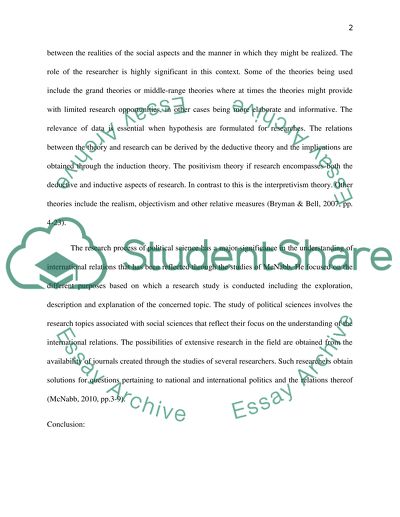Cite this document
(Detailed Analysis of Research Methods Coursework, n.d.)
Detailed Analysis of Research Methods Coursework. Retrieved from https://studentshare.org/science/1583224-research-methods-and-perspectives-international-relations
Detailed Analysis of Research Methods Coursework. Retrieved from https://studentshare.org/science/1583224-research-methods-and-perspectives-international-relations
(Detailed Analysis of Research Methods Coursework)
Detailed Analysis of Research Methods Coursework. https://studentshare.org/science/1583224-research-methods-and-perspectives-international-relations.
Detailed Analysis of Research Methods Coursework. https://studentshare.org/science/1583224-research-methods-and-perspectives-international-relations.
“Detailed Analysis of Research Methods Coursework”, n.d. https://studentshare.org/science/1583224-research-methods-and-perspectives-international-relations.


